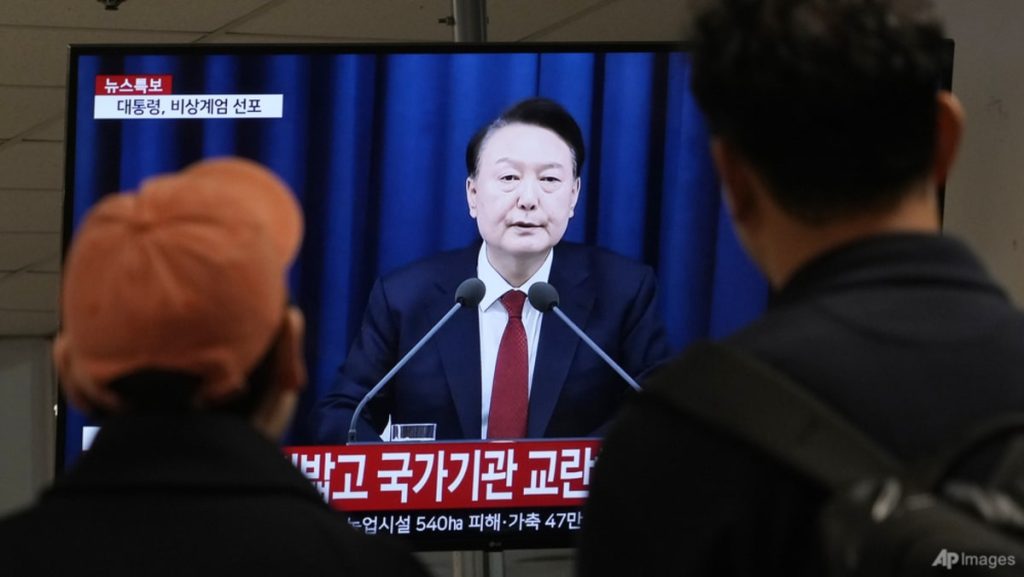In recent developments in South Korea, President Yoon Suk Yeol is under investigation by police for allegedly declaring martial law, an unprecedented move in the country for over forty years. The investigation comes amid significant political turmoil and rising concerns among both the domestic populace and international allies. Woo Jong-soo, the head of the National Investigation Headquarters within the National Police Agency, confirmed that the case has been officially assigned for further investigation. This reflects the gravity of the situation, as the nation grapples with the implications of Yoon’s actions, which have sparked intense debate across political lines.
Yoon’s controversial declaration of martial law, which aimed to provide the government with enhanced powers during a time of unrest, was met with immediate resistance from lawmakers. Within a short span, opposition legislators engaged in dramatic confrontations with security personnel to ensure their presence in Parliament, where they managed to overturn Yoon’s declaration. The rapid response of the legislative body underscores the significant discord between the ruling party and opposition forces, as well as the heightened vigilance of lawmakers regarding executive power and constitutional integrity. This episode not only reveals the deep divisions within South Korea’s political landscape but also raises questions about governmental authority and the limits of executive power during crises.
The fallout from Yoon’s martial law declaration has been profound, leading the opposition to file a motion for his impeachment. The motion claims that Yoon’s actions constitute violations of both constitutional and legal provisions. It argues that the imposition of martial law was a calculated move to shield himself and his family from ongoing investigations regarding alleged illegal activities. This accusation highlights the underlying tensions surrounding Yoon’s presidency, which, since its inception in 2022, has been marred by scrutiny and contention over political ethics and governance.
The entire episode marks a significant turning point for Yoon, a conservative figure and former chief prosecutor who assumed the presidency just over a year ago. His political trajectory has been fraught with challenges, and recent events may threaten to undermine his leadership. The swift backlash against his martial law declaration not only suggests a loss of confidence among lawmakers but also signals a possible decline in public support. With public perception shifting, Yoon’s future as president hangs in the balance, complicating any potential agenda he may have intended to pursue during his term.
Internationally, allies of South Korea are closely monitoring the situation, signaling concerns regarding stability and governance in the region. The declaration of martial law, for any nation, often evokes fears of authoritarianism and a departure from democratic norms. As South Korea faces discernible political unrest, the implications of Yoon’s actions could reverberate beyond its borders. Global allies, invested in maintaining democratic integrity in South Korea, may reconsider their diplomatic and strategic engagements with the Yoon administration amid escalating tensions.
In conclusion, the unfolding investigation into President Yoon Suk Yeol represents a critical moment in South Korean politics, characterized by deep-seated divisions and constitutional questioning. The combative response from opposition lawmakers and the subsequent impeachment motion reflect heightened political activism aimed at preserving democratic norms. Yoon’s controversial decisions not only invite scrutiny of his administrative practices but also pose substantial risks to his presidential legitimacy and legacy. As developments continue, both the local populace and international community will remain vigilant regarding the implications for South Korea’s political future and the preservation of its democratic values.

